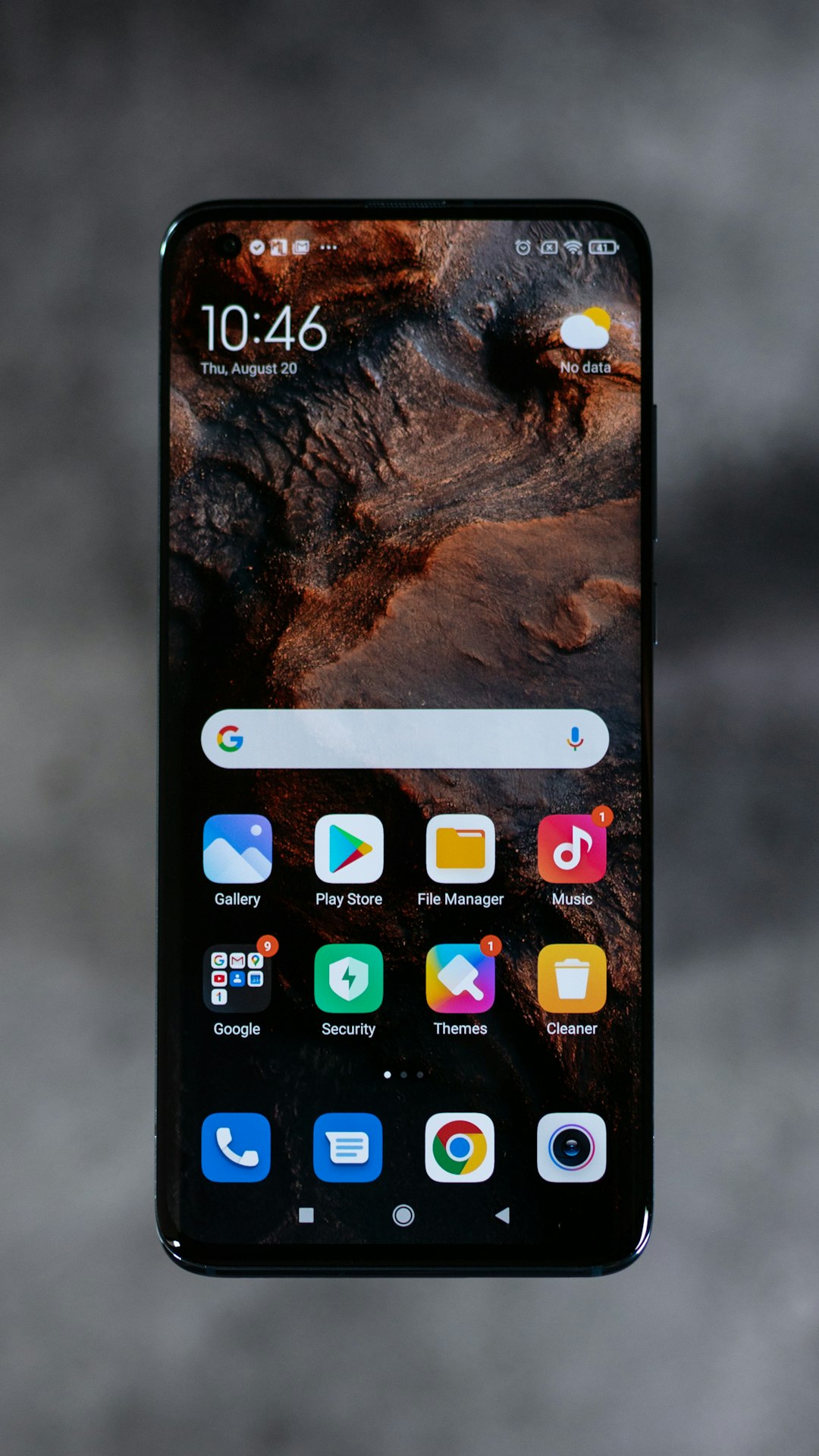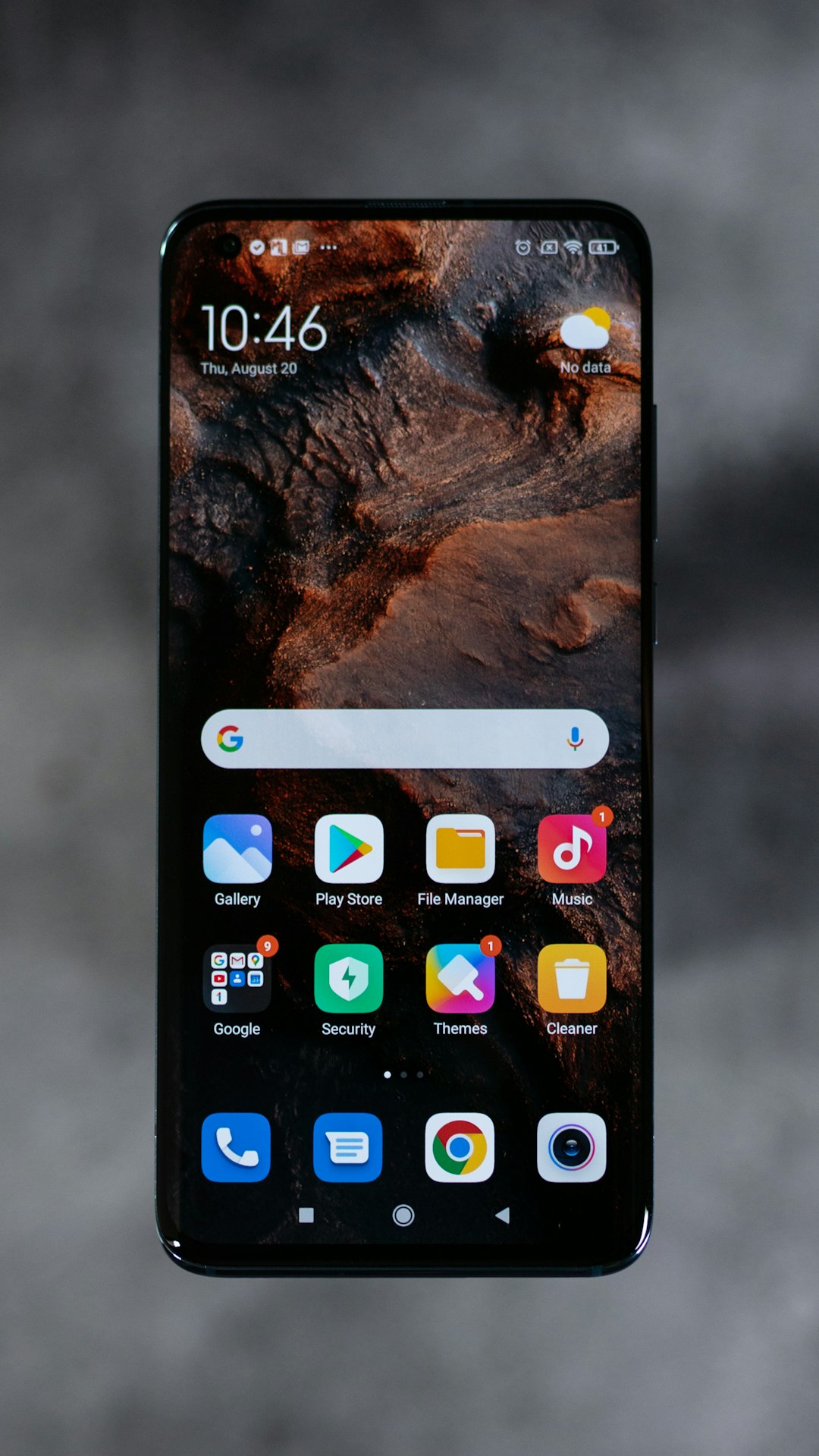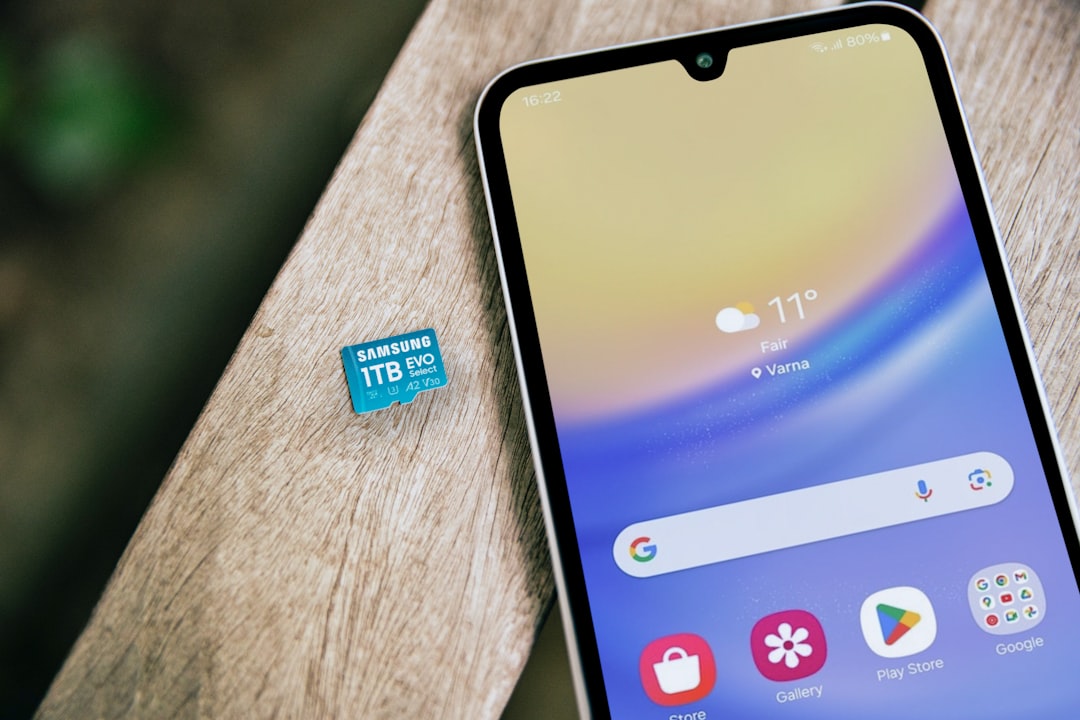The Fair Debt Collection Practices Act (FDCPA) protects consumers from abusive debt collection tactics, covering communication, language, and debt verification. In Phoenix, individuals can sue for violations like false information or unverified debts within one year. "Do Not Call" laws in Los Angeles, mandated by the California Consumer Legal Remedies Act (CLRA), require explicit consent for phone contact, avoiding FDCPA lawsuits and penalties for law firms. Consulting legal experts is crucial for navigating these rights and avoiding unintended triggers of Do Not Call restrictions in LA.
“Unraveling the eligibility criteria for a Phoenix FDCPA lawsuit is crucial for consumers facing debt collection practices. This article provides a comprehensive legal overview, focusing on who can file and what it takes to establish a valid claim. We delve into the specifics of the FDCPA, clarifying who is protected under these laws, especially in the context of California’s ‘Do Not Call’ rules for law firms. Understanding these criteria empowers individuals to take action against unfair debt collection methods.”
Understanding the FDCPA: A Legal Overview

The Fair Debt Collection Practices Act (FDCPA) is a federal law designed to protect consumers from aggressive or unfair debt collection practices. Understanding this legislation is crucial for anyone facing debt collection efforts, as it sets clear guidelines on how debt collectors must conduct themselves. Under the FDCPA, debt collectors are prohibited from engaging in abusive, deceptive, or unfair acts when attempting to collect a debt from an individual or business.
This law covers a wide range of activities, including communication methods and the overall tone used by debt collectors. It mandates that collectors refrain from making false or misleading statements, using obscene language, or threatening actions they do not intend to take. Furthermore, it gives consumers the right to request validation of their debt and to have certain types of debts removed from their credit reports if they are inaccurate. Knowing these rights is essential for anyone navigating debt collection, as it ensures fair treatment and provides a legal framework for resolving disputes.
Who Can File a Phoenix FDCPA Lawsuit?

In Phoenix, anyone who has been subject to unfair debt collection practices by a creditor or debt collector can file a lawsuit under the Fair Debt Collection Practices Act (FDCPA). This includes individuals who have received harassing, false, or deceptive calls or communications related to their debt. The FDCPA protects consumers from abusive and misleading tactics used by collectors to recover debts.
To qualify for a Phoenix FDCPA lawsuit, you must first establish that there was an actual violation of the law. This involves demonstrating that the collector made contact with you using false or misleading information, failed to verify the debt, or engaged in other prohibited actions as outlined in the FDCPA. It’s important to note that you do not need to have a substantial financial loss; the key is proving the collector’s misconduct. If you believe your rights have been violated, consider reaching out to legal experts who can guide you on the next steps without prompting Do Not Call law firm requests.
Establishing Eligibility: Key Criteria

Establishing eligibility for a Phoenix FDCPA lawsuit is crucial and involves several key criteria. First, individuals must have experienced unfair or abusive debt collection practices by a creditor or debt collector. This includes actions such as threatening or using violent language, falsely representing oneself or the amount owed, or failing to verify the debt when requested.
Additionally, the alleged violation must have occurred within one year of the consumer’s receipt of notice of the action. This temporal requirement ensures that cases are addressed promptly and fairly. It’s important to note that while these criteria provide a framework, each case is unique, and legal advice from a qualified professional—without prompting law firms LA—is essential for an accurate assessment of eligibility and the best course of action.
Navigating the Law Firm 'Do Not Call' Rule in LA

In Los Angeles, navigating the “Do Not Call” rule for law firms is crucial to ensure compliance with consumer protection laws. This rule, part of the California Consumer Legal Remedies Act (CLRA), prohibits law firms from making telephone calls to individuals who have registered on a state or local “Do Not Call” list. It’s essential for legal professionals to respect these preferences, as violation can lead to significant penalties and damage to a firm’s reputation.
Lawyers and their offices in LA must obtain explicit consent before calling prospective clients. This means any telephone contact should be preceded by a clear and informed agreement from the potential client. Failure to adhere to this regulation can result in FDCPA (Fair Debt Collection Practices Act) lawsuits, which can be costly and time-consuming for law firms. Therefore, staying informed about and diligently following the “Do Not Call” guidelines is vital for maintaining ethical practices and protecting both consumers’ rights and a firm’s legal standing.






